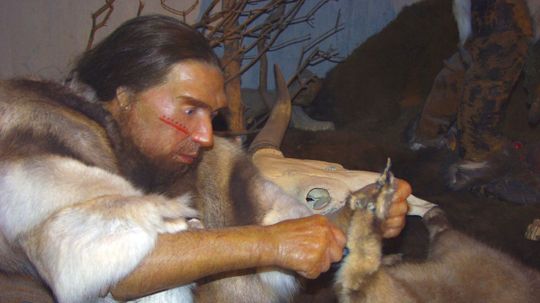In a shocking revelation, recent research has unearthed evidence suggesting that Neanderthals possessed the ability to laugh. This groundbreaking discovery challenges our preconceived notions about these ancient beings and sheds light on their complex emotional lives. Prepare to delve into the untold story of Neanderthal laughter.
A Glimpse into the Ancient Chuckles
Contrary to popular belief, Neanderthals were not just primitive brutes devoid of humor. The study reveals that they had a sophisticated sense of amusement, capable of producing hearty laughs in response to various stimuli. These findings challenge the prevailing narrative that portrays them as stoic and joyless creatures.
The Evolutionary Significance
This newfound understanding raises intriguing questions about the evolutionary origins of laughter itself. Could it be possible that this primal form of mirth played a crucial role in shaping human communication? Scientists speculate that laughter may have served as an essential social bonding tool among early hominids, including our long-lost cousins, the Neanderthals.
An Unexpected Connection
Furthermore, this discovery establishes an unexpected link between modern humans and our extinct relatives. It suggests that we share more than just DNA with these enigmatic beings; we also share a common capacity for humor and levity. Perhaps it is time for us to reconsider how we perceive ourselves in relation to those who came before us.
A Haunting Conclusion
In conclusion, this groundbreaking research forces us to confront our biases and reevaluate what we thought we knew about Neanderthals. They were not merely grunting savages but rather complex individuals capable of experiencing joy and sharing laughter with one another—a reminder that even amidst hardship and struggle, the human spirit finds solace in humor.




